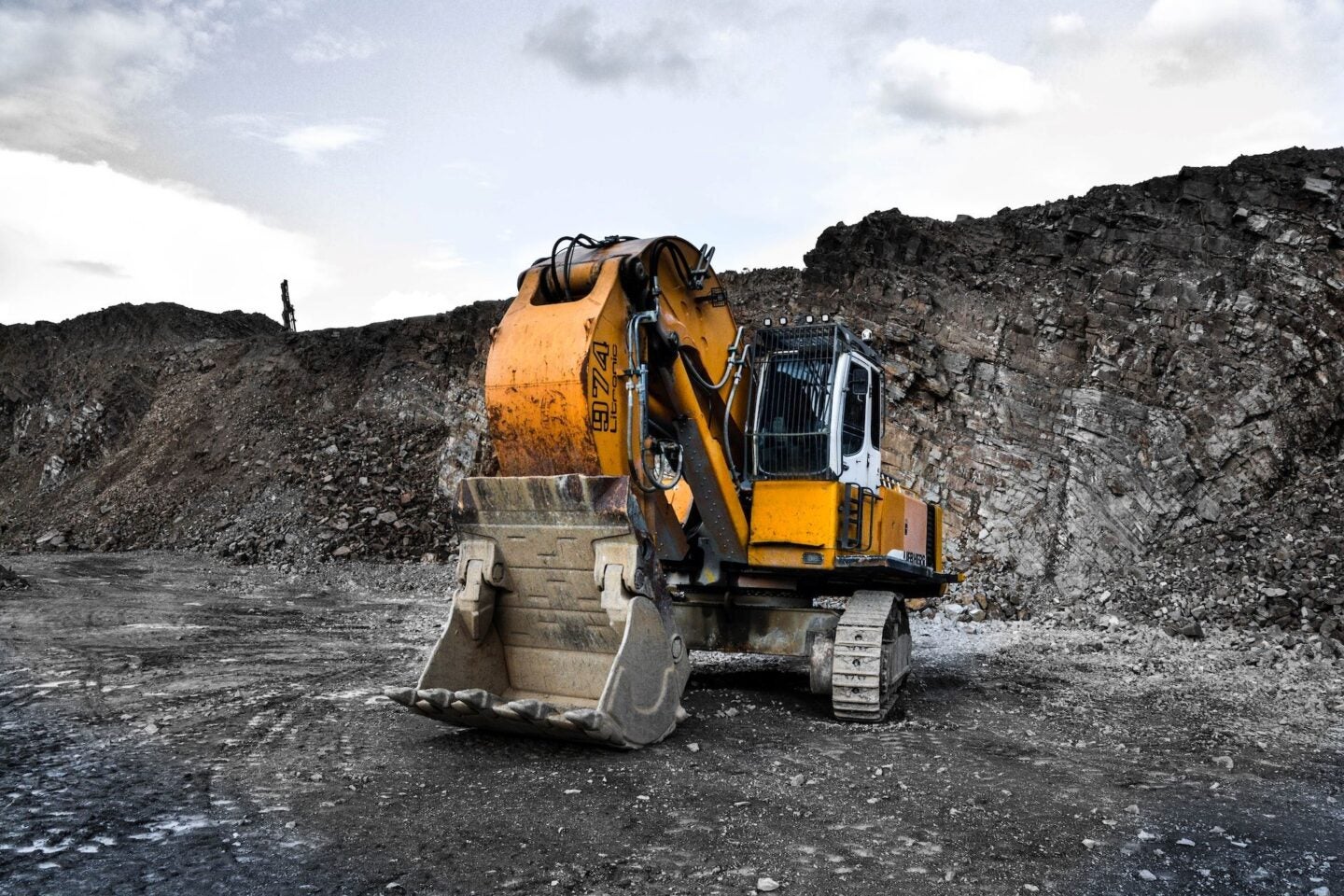
Australia’s New South Wales (NSW) Independent Planning Commission has turned down Glencore’s proposal to expand its Glendell coal mine citing its potential to damage heritage values.
Following evidence from various stakeholders, the Commission conceded that the expansion ‘is not in the public interest, despite its likely benefits’.

Discover B2B Marketing That Performs
Combine business intelligence and editorial excellence to reach engaged professionals across 36 leading media platforms.
The stakeholders who offered the evidence are representatives from local Aboriginal groups, the Department of Planning and Environment, Heritage NSW, the NSW Heritage Council, Singleton Council and Glencore.
The mine is located in the Ravensworth Homestead complex in the Upper Hunter Valley of New South Wales (NSW), Australia.
This complex is in the mine site’s centre and includes colonial buildings and would need to be relocated for the project to advance.
The impact could be evaded using a buffer zone around the complex where mining is restricted, but such a buffer is said to result in the economic unfeasibility of mining operations.

US Tariffs are shifting - will you react or anticipate?
Don’t let policy changes catch you off guard. Stay proactive with real-time data and expert analysis.
By GlobalDataAccording to the commission, the mine’s impact on the heritage values of this complex would be “significant, irreversible and unjustified”, and removal of the complex and related heritage would be a “significant loss” to future generations.
However, the Commission also said that the project would lead to employment, economic and social benefits.
It also said that major related issues could be managed if the heritage impact could have been prevented.
These issues include water and biodiversity impacts, traffic and transport issues, noise, vibration, air quality, and greenhouse gas emissions, among others.
Expressing its disappointment with the decision, Glencore said: “We will carefully review the IPC’s determination and statement of reasons and then decide if any further course of action is required.”
The miner had spent $25m in studies on the project, which was expected to create more than 600 jobs.





